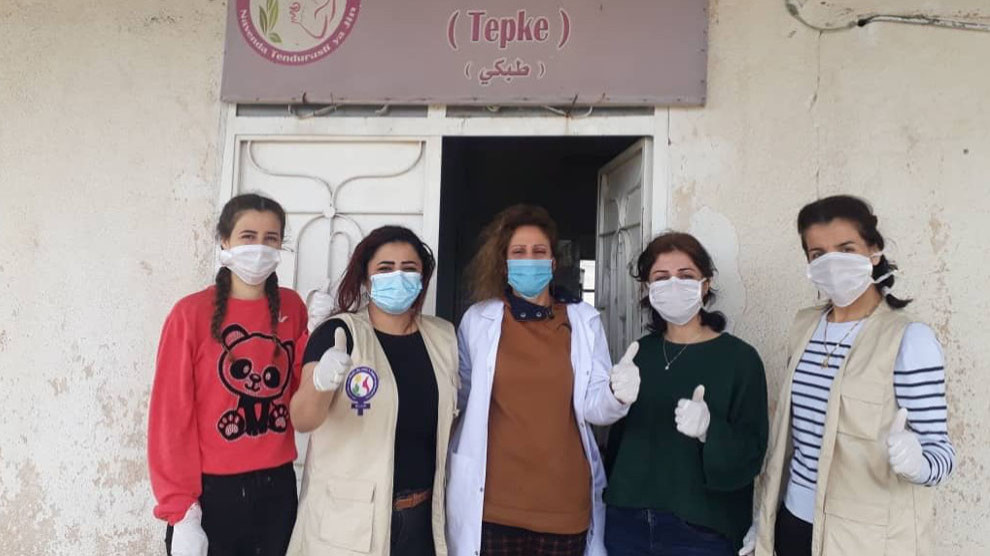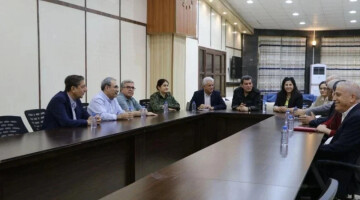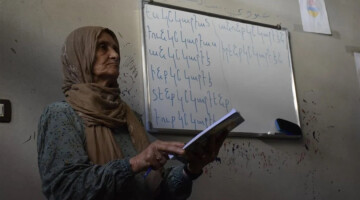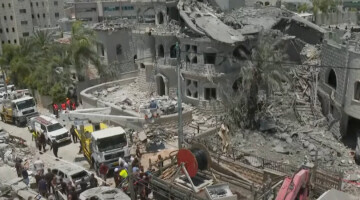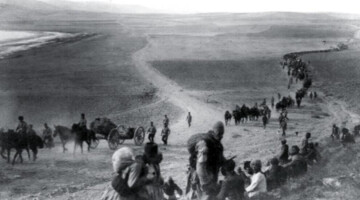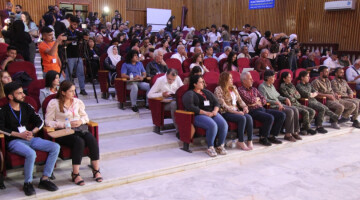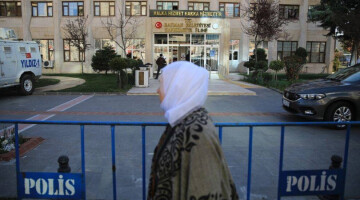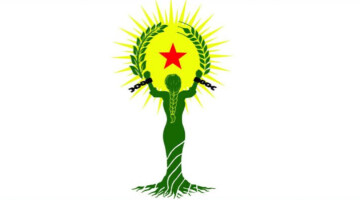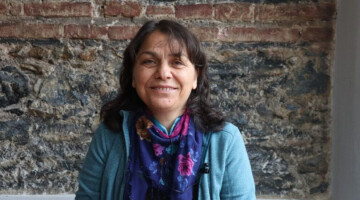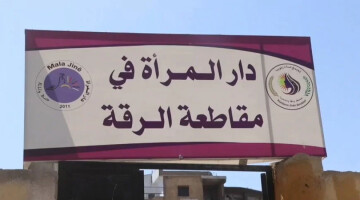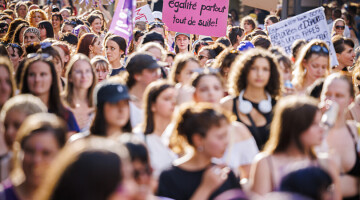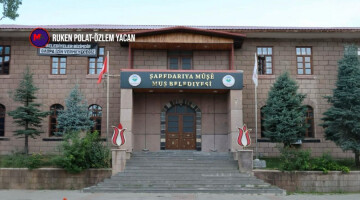The "Foundation of Free Women in Syria" WJAS has been working for almost six years in Rojava and North and East Syria to improve health care for women and children. With its services, the foundation addresses the difficulties faced by women due to poverty, flight and war. Women and mothers often cannot afford medical treatment or the medicines for themselves or their children. Poverty, flight and war massively increase the risk of illness. The lack of healthy nutrition, knowledge about how to deal with infectious or chronic diseases and lack of access to medical care also have a negative impact on the course of disease.
Measures against the spread of the coronavirus
Ceylan Omer, spokeswoman of the "Foundation of Free Women in Syria", gives in a statement an insight into the work of the foundation under the circumstances of the worldwide spread of the coronavirus. While precautions are being taken worldwide to protect people, the situation is particularly difficult in war-torn countries such as Syria. Although all public activities have been suspended here as well, the situation with regard to medical care and protection of the population is inadequate.
"All public institutions in northern and eastern Syria have also been closed. Preventive measures have been taken in terms of hygiene, respirators and education, but these are not enough. As a result, we, the 'Foundation of the Free Woman in Syria', have also stopped all projects as a preventive measure, and the staff have stopped working. Only the health sector is still working. Everyone knows the virus exists,” says Omer.
Refugees supplied by the foundation
Due to the ongoing war situation in Syria and the resulting various waves of refugees, there are currently over 1.5 million internally displaced persons in North and East Syria to be cared for. They live predominantly in the refugee camps of Shehba, Ain Issa, Roj, Hol, Newroz, and Washokani. Others are accommodated in the cities.
The Women's Foundation takes on a part of the care, in which it focuses fundamentally on the sustainable support of women and their empowerment in society. To this end, four areas of work have been developed: the establishment of smaller and larger health centres, in which not only free health care but also antenatal care and education on various diseases are offered; the implementation of information campaigns on epidemic or chronic diseases as well as general health seminars on various topics and diseases in order to increase the general health knowledge among women; the 45-day training as health workers for women, in which they learn first aid, care for people with chronic diseases as well as how to recognise diseases and take preventive measures; training as nurses.
After the attacks by Turkey on Serêkaniyê (Ras al-Ain) and Girê Spî (Tal Abyad) in autumn 2019, the Women's Foundation offered emergency aid for refugees and was one of the first organisations to visit the internally displaced persons and provide them with the most basic necessities. Soon there was also interest among the refugee women in the educational programmes. During the 45-day training courses, women from several courses were already able to acquire basic hygiene and health knowledge. This enables them to better protect themselves and their children from diseases and to care for them despite the difficult living conditions in everyday life.
Work in the health centres continues
The Foundation's statement on the current situation goes on to say:
We distributed information material and brochures both in the cities and in the Hol Camp. We also distributed masks, cleaning agents and disinfectants as far as our limited resources allowed. The health centres in Qamishlo, Tepke (near Dêrik) and Hesekê have continued their work all the time so far and should remain open if possible. However, in between two of the health centres (in Hesekê and in Qamishlo) had to be temporarily closed for one week due to lack of sufficient protective clothing and breathing masks or limited funds. Even if the doctors and the specialist staff would like to continue their work soon, there is still a risk that they could become infected without protection and thus not be able to work at all.
The health center in the village of Tepke is still open as it is in the countryside. The people in the countryside have hardly any possibilities to get to the city and visit the hospitals. Therefore, the work has to be continued there. We are trying to provide medical care for the local people with the available medicines. But although we have started an information and support campaign for the people and distributed information material, masks and disinfectants, these measures remain very limited. It is very difficult and expensive to obtain protective material throughout Syria at the moment, and the Foundation's resources are insufficient.”
Call for support
In view of the difficult economic situation in northern and eastern Syria, funds are urgently needed to purchase medicines, protective clothing and respiratory masks:
"Therefore we, as the 'Foundation of Free Women in Syria', would like to call upon the people in Europe - even if they themselves are affected by Corona - to support us with donations: For the people in Rojava and Syria, for the women and children, as well as for the purchase of masks, disinfectants, medication and protective clothing for the specialists, so that the doctors can continue their work. Because there is an urgent need to reopen the health centres. Summer is coming and the children are getting sick with infections, for example. Therefore we hope for your support in Europe for the 'Foundation of the Free Women in Syria'. We would like to continue our campaign by distributing masks and information to the people. Even if the virus has not yet fully spread, we do not know what the future holds for us.”
In order to support the work of the foundation in times of coronavirus, donations are requested for the procurement of medication and protective equipment. In addition, these donations will allow the Foundation to continue its information campaign for refugee women and women from rural areas who have no access to information. This will also support basic medical care in the health centres and emergency care provided by the foundation.
For donations:
Kurdistan Hilfe e.V.
Ottensener Hauptstr. 35
22765 Hamburg
Bank address in Germany:
Hamburger Sparkasse AG
Wikingerweg 1
20537 Hamburg
Germany
Keyword: WJAS
Bank account: Hamburger Sparkasse, Hamburg, Germany
IBAN: DE40 2005 0550 1049 2227 04
BIC/swift: HASPDEHHXXX

